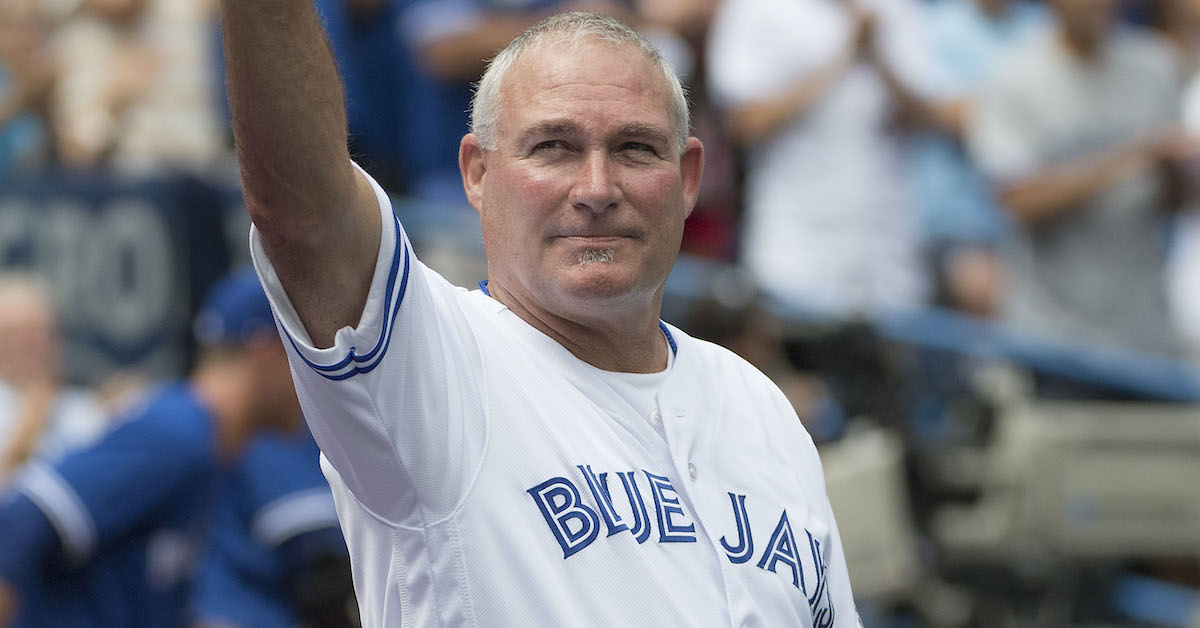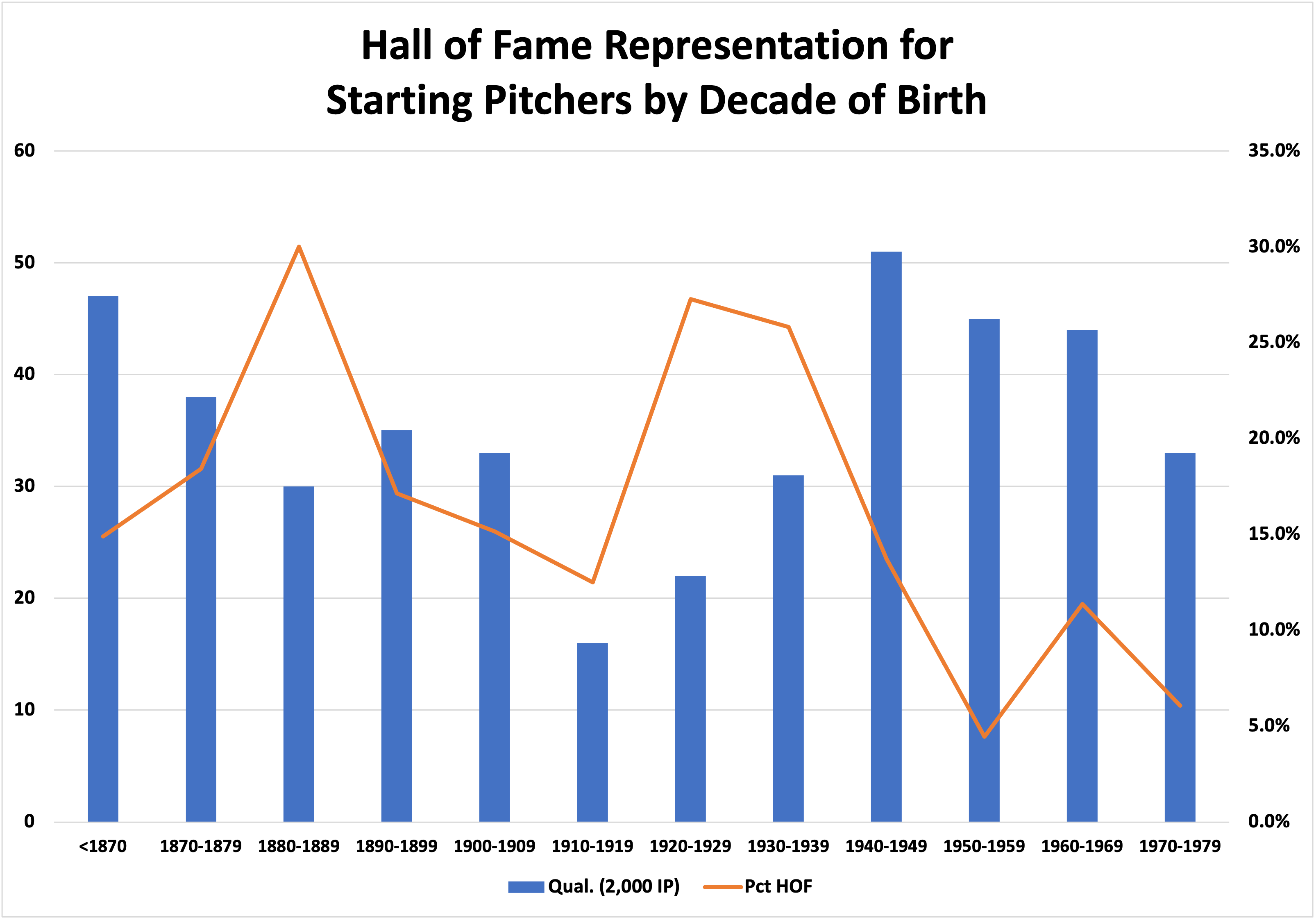Cooperstown Notebook: Born in the Fifties

It’s small potatoes in the context of what’s going on (or not) in the baseball industry and the rest of the world, but so far as the Hall of Fame goes, the problem in a nutshell is this: Half of the starting pitchers who are in the Hall and were born in the 1950s are named Jack Morris. While there’s no need to relitigate the polarizing battle that forestalled his eventual election — been there, done that — the real issue, to these eyes, is that the gruff ex-Tigers workhorse is the only starter in the Hall born after 1951 and before ’63. When stacked up against other enshrined starters, his credentials are modest at best, and so his presence in the plaque room feels like an indictment of the quality of his peers.
The reality is that Morris won battles of attrition, first against the forces that reshaped the role of the starting pitcher following the introduction of the designated hitter in 1973, and then against the voting bodies that were slow to recognize the strength of those forces. He was a throwback, and in the arguments over his merits he became a symbol for a bygone era. Backed by strong offenses, he piled up innings while having less success preventing runs than his the best of his peers, but more success avoiding injuries or replacement by pinch-hitters and relievers. Plus, he won a few big games in October.
For all of that, I did not have Morris or any specific pitcher in mind when I began exploring ways to modernize JAWS to better account for the changes in starting pitcher workloads that have occurred over the past century and a half. After nearly two decades of using my Hall of Fame fitness metric, I know the contours of the position-by-position rankings reasonably well, and so I had a pretty good idea in advance which ones would be helped by whatever adjustments I settled on — that while knowing that those changes wouldn’t be so radical as to upset the entire system. That said, I suspected that shining a brighter light on some of those players would particularly resonate with fans of a certain age, particularly as I worked my way through history and reached the frame of reference of players I’m old enough to have watched. I don’t cross paths with a lot of fans of Jim McCormick or Wes Ferrell these days, but Luis Tiant is another matter. Read the rest of this entry »








